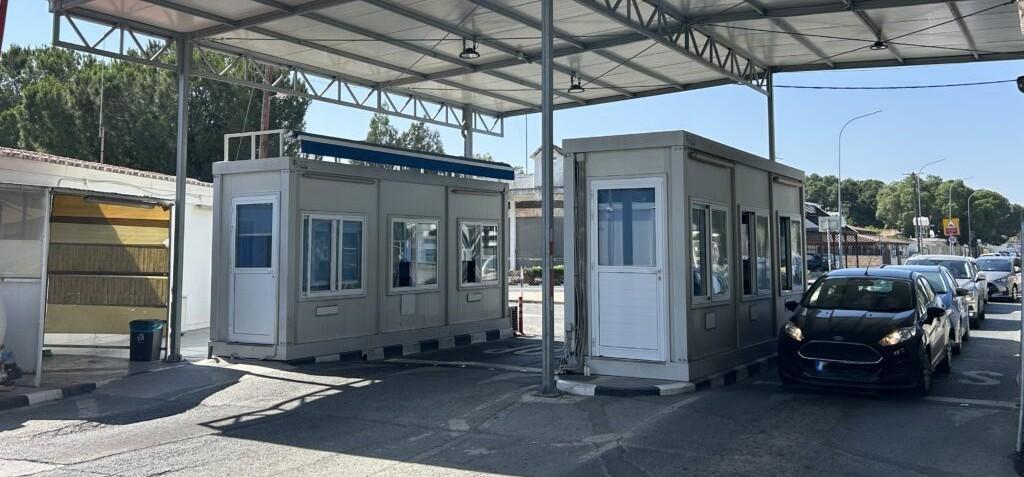Cyprus is increasingly at the center of European discussions on the expansion of the Schengen Area. However, the government’s plans to join by the end of 2026 are becoming less realistic. According to the latest information, the country still has to overcome a number of complex and costly challenges related to migration policy, digitalization, and border management. Even under an optimistic scenario, the timeline is shifting to 2027.
Migration and the “Limnes” Center
A key element of preparation remains the creation of the “Limnes” refugee center in Menoyia. Part of the project is expected to be completed by the end of 2025, but the full opening of the center is scheduled for spring 2026. This facility will be a crucial component of migration control, without which Cyprus cannot meet EU standards.
The “Green Line” Issue
For a long time, one of the major obstacles was the situation with the “green line” dividing the island. However, the installation of new identification systems has partly resolved the problem. Today, it is no longer seen as a barrier to Schengen accession. At the same time, the government does not treat this section as an external border but rather as a special regime, where identity checks are carried out only for security and document verification purposes. To maintain a balance between control and freedom of movement, the introduction of a special exemption clause is being discussed.

Technology, Funding, and the Political Approval Stage
The European Union has allocated more than €292 million to Cyprus for the development of digital systems, construction of the Limnes center, and strengthening maritime border control. These funds help close infrastructure gaps, but the process is not limited to technical matters. Even after all construction and organizational measures are completed, the country will face a lengthy political stage: accession requires the unanimous approval of all Schengen member states. In addition, once approved, there will be an adaptation period — at least six months will be needed to configure systems and train personnel.
The U.S. Factor and the Visa Waiver Program
Interestingly, Cyprus is simultaneously facing delays in another important process — the visa waiver program for travel to the U.S. Although the technical part has already been completed, the final decision rests with Washington. Under the procedure, the matter lies in the hands of Donald Trump’s administration and Congress, who may suspend or delay the program for reasons related to migration policy and security. This once again highlights how political factors strongly influence international agreements.
Prospects for Citizens and the Economy
While the postponement of Schengen accession brings some disappointment, the outlook remains positive. For Cypriot citizens, this means the opportunity to travel freely throughout 29 European countries without the need for constant passport checks, and for residence permit holders, to travel within the Schengen area without visas. For business and tourism, it promises more investment and greater attractiveness of the island as an international hub.
Thus, despite the delay, Cyprus’ course toward Schengen accession remains unchanged. If the country successfully manages migration challenges and completes its digital modernization, 2027 could become a turning point in its European integration.
